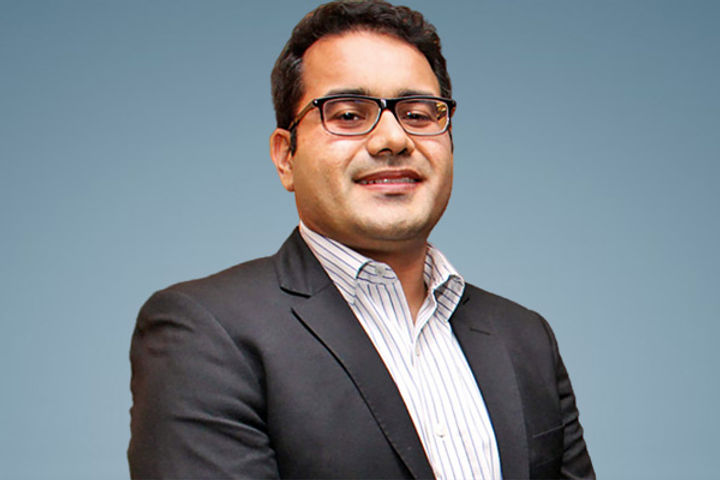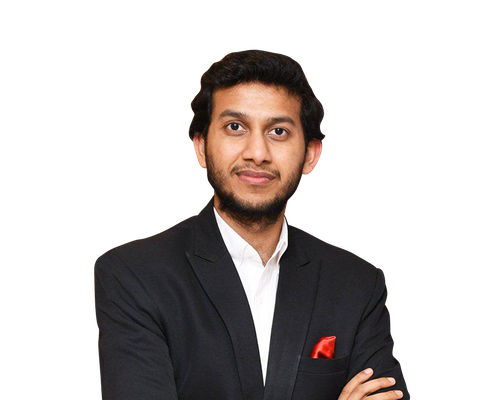She
died of a sudden cardiac arrest on December 24.
One can’t keep wondering if she was pushing herself too hard. Fishing for the smallest hints of trouble, one can point to conversations at an after-party where she was hell-bent on raising her next round. I wish she knew she did not have to try hard at all. I wish we had all told her so. For she would have made it big rather easily. Does each founder plan for a long journey? Does she spend enough time and money on herself? Do founders fear judgement if they take care of themselves? Do they feel pressure to endure unnecessary struggle, physically and mentally?
I remember an incident from 2013 when Jaydeep Barman of Rebel Foods would roam around in auto-rickshaws on the potholed streets of Mumbai. Because good founders who have just left a consulting job are expected to set an example, isn’t it? A company car, even in a well-funded firm, would have been judged by thoughtless investors like yours truly.
Even when his back broke and he was advised bed rest for two months away from family in Pune, his first reaction was to run the company from his hospital room. Wisdom prevailed after this, but barely so. I remember discussing with another board member about how low his salary was and why he needed to take a secondary exit – this person wholeheartedly agreed. Our man was reluctant.
-
“ETtech is a sharply-focused lens that brings alive India’s tech businesses & dynamic world of startups”
Kunal Bahl, Co-Founder & CEO, Snapdeal
-
“I read ETtech for in-depth stories on technology companies”
Ritesh Agarwal, Founder & CEO, Oyo
-
“I read ETtech to understand trends & the larger India technology space, everyday”
Deepinder Goyal, Co-founder & CEO, Zomato
In an era of fast cars and shenanigans, is this the only way to stand out as an entrepreneur? The more committed you are, the more pressure you feel to sacrifice your body and soul. One shudders to think how much tougher it is for women founders. One of the most accomplished woman founders I know has to mention, in every other conversation, how she has accepted that she is a bad mother. The hurt is obvious. But after all, she is successful, so she must be a bad mother.
No founder has taken as much pressure as Paytm founder Vijay Shekhar Sharma for the better part of a decade, and it continues even after a huge IPO and listing. Founders are belittled for diluting too much equity, the losses their companies make, for taking secondary exits, for having a good house for their family if they are lucky enough.
India is an open economy and founders fight global companies as well huge funding flows after they discover a market. The results of their companies are due to the market structure, not their individual performance. That so many of them have been successful in merely surviving is itself a testimony to how much intent and hard work they have put in. The end result could still be unpleasant exits for founders for the flimsiest of excuses, as we have seen in the biggest outcome of the last decade.
As an investor, when I meet a founder, I rarely ask how they are doing. When we organise events we want to push them harder, inviting big achievers to give all the gyaan. Even the rare mental health thing we want to do is to super-charge their minds, making sure they perform at their peak. We need to rather ask them to unplug. Founders need to be comfortable spending time on themselves, take breaks and sleep well.
As an ecosystem we have now been more accepting of better salaries and secondary exits for founders, but does the money come with extra pressure? Success in starting up is like keeping up shifting goalposts – become a unicorn to be relevant, then launch an IPO to give exits, then become profitable to earn respect, and finally keep running it lest something go wrong. There are no accolades for hanging on and fighting. Fate has given us the most expensive and cruel wake-up call. May this be the legacy of Pankhuri. Farewell, dear friend.
The author is a cofounder of India Quotient, an early-stage investment fund.



























